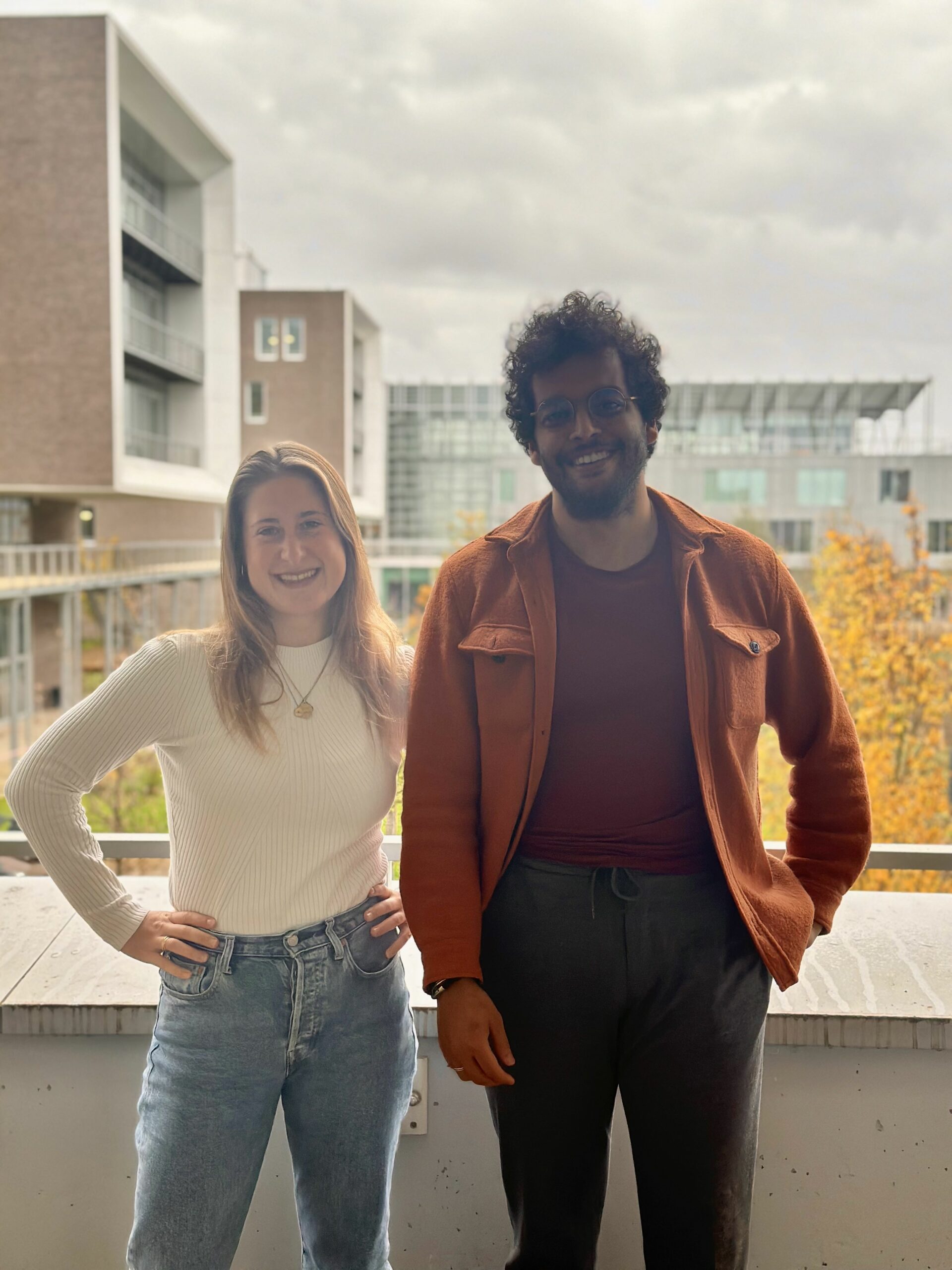
Our History
Developing new food products and new manufacturing processes is becoming an essential part of the response to two major emerging crises: climate change and human health.

Our Observation
Food and the way it is produced are recognized as being responsible for a quarter of global greenhouse gas emissions. Among the biggest contributors, meat production and ultra-processed food are recognized as being particularly responsible for these emissions.
Moreover, this same ultra-processed food raises real public health issues by exposing consumers to substances (additives, preservatives, colorants, denatured nutrients, etc.) whose long-term effects have never been measured, and which already present compositional problems (high sugar and fat content, etc.).
Changing the food production paradigm
We must rethink our way of consuming and producing food if we want to be able to feed in a healthy and sustainable way a world population of over 10 billion in 2050, whose protein requirements will increase by 70%.
Our current production model is based essentially on livestock farming. It will not structurally enable us to meet these needs.
In addition, global warming issues will have a long-lasting impact on agriculture, leading to resource shortages (arable land, water, energy).

Revolution
During their Master's degree in Entrepreneurship and Innovation Management, Anas Erridaoui and Jeanne Baudevin made this twofold observation and decided to create Fungu'it because they are convinced that the status quo is not inevitable. The aim was to reinvent food models and provide a natural solution to the need for healthier, more sustainable and naturally functional ingredients, for everyone and especially for the poorest populations.

